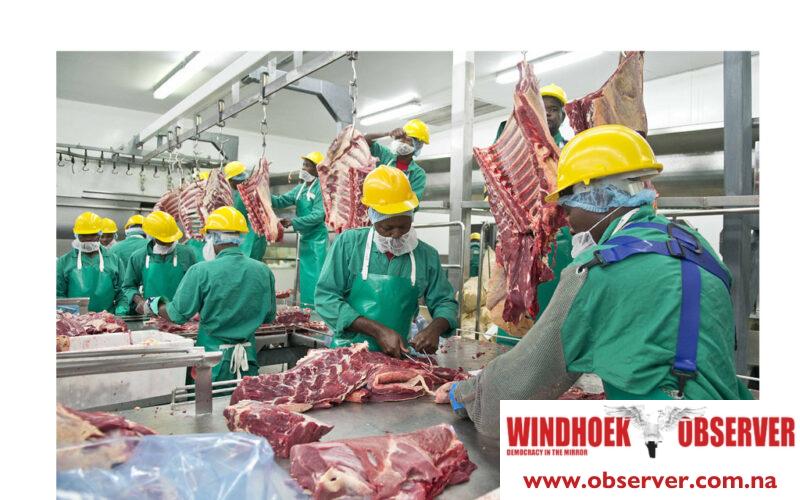Niël Terblanché
The financial distress of the Meat Corporation of Namibia (Meatco) was placed in the lime light after it was revealed that the state-owned enterprise currently owes cattle producers between N$300 million and N$350 million and that it is even lagging behind on certain payments to farmers by up to 88 days.
This alarming information was exposed by Thinus Pretorius, the chairman of the Livestock Producers Organization (LPO), during its annual congress in Windhoek earlier this week.
“We are now facing the problem the LPO has warned about for 15 years,” Pretorius said while echoing the sentiment that the organization had repeatedly cautioned the industry about the impending financial crunch Meatco would face.
Meatco’s monetary woes have led to a rising tide of disgruntlement amongst cattle farmers, some of whom are threatening legal action. The industry is rife with discomfort over Meatco’s inability to fulfil its financial obligations.
“You can understand that taking N$300 million out of the industry will eventually cause major challenges,” he said.
Pretorius was, however, optimistic about the future as alternative markets for Namibian cattle products are in the process of being developed.
He was of the opinion that it is a significant change from only two or three years ago when such markets were non-existent. The emergence of potential competitors, like Savanna Beef Processors Limited (SBPL), which is still in its developmental phase, shows promise.
Pretorius stated that the trust of the LPO in Meatco has been intensely affected and he questioned the company’s current direction and management policies.
He said that trust might be restored if the newly elected council demonstrates its credibility to the producers.
Revisiting history, Pretorius referenced the LPO’s longstanding relationship with Meatco and the consistent efforts made by the organization to set the meat giant back on its intended path.
He also highlighted the fact that despite media attention on potential exports to regions like Ghana, the Democratic Republic of the Congo, and the Middle East, the results have been lacklustre.
Meatco, in light of this intensifying competition from private entities, has increased its producer price.
“We currently earn between 15 percent and 20 percent more than our South African counterparts. The emergence of entities like Savanna, the Rehoboth abattoirs, and Beefcor has reshaped the market’s dynamics,” Pretorius explained.
In May this year, the state-owned enterprise raised red flags regarding its financial health, expressing the urgent need for intervention from the central government to stay afloat.
At the time the Minister of Agriculture, Water, and Land Reform, Calle Schlettwein, stressed the importance of reforming and supporting Meatco.
“This situation has changed since the market was opened for privately-owned abattoirs and beef marketing entities,” he said while shedding light on the sharp decline in Meatco’s market share and subsequent revenue losses.
Private agribusinesses like Beefcor have already surpassed Meatco in cattle slaughtering which accentuated the increasing competition Meatco faces.
Schlettwein sounded the alarm on Meatco’s financial health, pointing out its technical insolvency.
At the time the minister stressed the need to operationalize abattoirs and meat processing facilities in communal farming areas to access new markets, which would eventually accelerate the complementary value chain activities.




